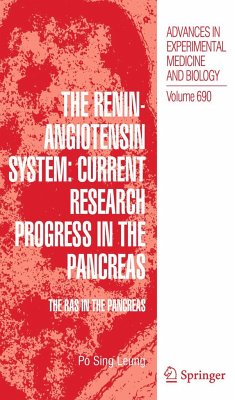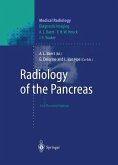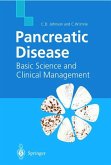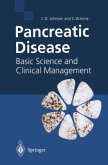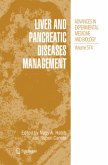The human pancreas has vital roles in the regulation of glucose homeostasis and digestion and its dysfunction leads to pancreatic disease as diabetes and pancreatitis. Recent researches have highlighted the novel roles of a local renin-angiotensin system (RAS) in the pancreas and its clinical relevances; its inapprporiate activation leads to pancreatic endocrine and exocrine disease, notably type 2 diabetes. As such, manipulation of the overactive RAS may improve pancreatic islet cell function, cell mass and insulin sensitivity, as well as enhancing the growth and differentiation of pancreatic stem cells. Blockade of the RAS may be protective against pancreatitis and pancreatic cancer. The research outcome of current progress on the RAS in the pancreas should provide an alternative approach to preventing and treating, as well as curing pancreatic disease. This book discusses the progress of research on the renin-angiotensin system in the pancreas from the science to the bedside, providing a timely review of this expanding area. It consists of ten interrelated chapters covering subjects as: -Structure, physiology and disease of the pancreas-Biochemistry and physiology of the pancreatic renin-angiotensin system-RAS in diabetes, stem cells and pancreatitisThis book is of special value to basic and clinical scientists, clinicians, graduate students, as well as novices in this field.
Bitte wählen Sie Ihr Anliegen aus.
Rechnungen
Retourenschein anfordern
Bestellstatus
Storno

